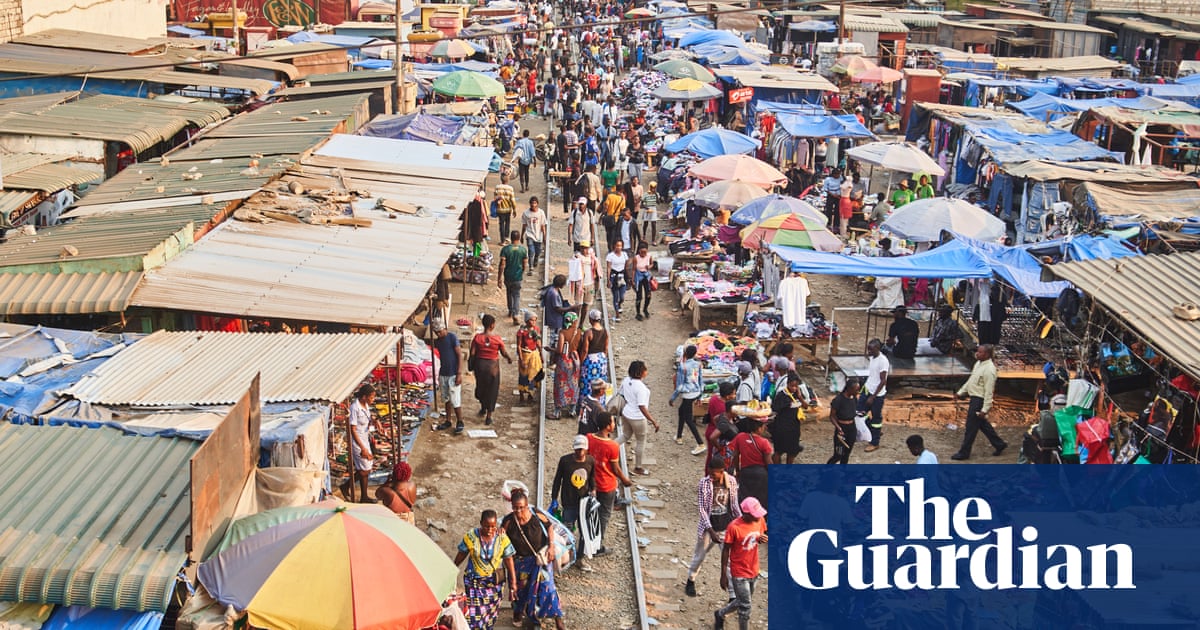Your editorial (The Guardian view on Zambia’s Trumpian predicament: US aid cuts are dwarfed by a far bigger heist, 10 January) highlights research by Prof Andrew Fischer, and the exploitation of Zambia’s commodity resources via illicit financial schemes. Many Zambians have raised the issue of this looting for years, but have met coordinated resistance. Consequently, Zambia’s treasury loses billions of dollars in revenue. These losses are driven by well-known multinationals working in concert with certain insiders close to the Zambian state.
Your editorial also says: “The US decision to cut $50m a year in aid toZambia… is dreadful, and the reason given, corruption, rings hollow.” Alas, I disagree and wish to place this in context.
The aid cut followed large-scale theft of US-donated medical supplies by individuals connected to and within the Zambian state. Even before Donald Trump assumed office, Michael Gonzales, the US ambassador, confronted Zambian authorities about this. US officials engaged in33 meetingswith senior members of the Zambian government and officers from the Zambia police service and other law enforcement agencies. US officials urged the Zambians to take action to ensure medicines reached the country’s poorest citizens. The president’s inner circle ignored the warnings, ultimately leading to the aid cut. The Zambian government’s reaction was to dismiss these legitimate concerns, saying diplomatsshould stay out of Zambia’s internal affairs.
This response is inadequate, as the issues go beyond mere bureaucratic inefficiency and touch on profound state corruption.
The government’s refusal to confront this reality is disappointing and has led to more suffering, where ordinary people who benefited from this aid will be most affected.Emmanuel MwambaZambia’s high commissioner to SouthAfrica(2015-19)
As a Zambian and UK citizen, I am both enraged and heartbroken by Prof Andrew Fischer’s research exposing the systematic plunder of my country’s wealth. WhileDonald Trumpcuts our aid, citing “corruption”, the real thieves operate with complete impunity under the guise of legitimate business.
The figures are devastating:$5bn extractedin 2021 alone. This isn’t corruption in the traditional sense, it’s legalised theft orchestrated by multinational corporations that exploit our resources while leaving us in poverty. How can we be called corrupt when the very system designed to “help” us facilitates our exploitation?
I think of my fellow Zambians struggling to access basic healthcare, education and clean water while billions flow to Swiss bank accounts. We sit on some of the world’s most valuable mineral deposits, yet we’re drowning in debt. This isn’t coincidence – it’s by design.
Foreign direct investment is often foreign direct extraction in disguise. Companies like Glencore and First Quantum Minerals have treated Zambia like a cash machine, using complex financial structures to strip our wealth while paying minimal taxes. When confronted, they simply leave or settle for pennies in the pound.
This global economic architecture, which enables legal plunder, must be challenged. African countries need new models of resource governance that prioritise our people over foreign shareholders. We need transparency requirements exposing these shadowy financial flows, progressive taxation capturing fair value from our resources, and regional cooperation preventing companies from playing us against each other.
The west’s moralising about corruption while facilitating this systematic theft is breathtaking hypocrisy. Until the international community addresses the structural violence of this extractive system, their aid will remain what it truly is – a drop in the ocean compared with the torrent of wealth flowing out of Africa.Fiona MulaishoLondon
